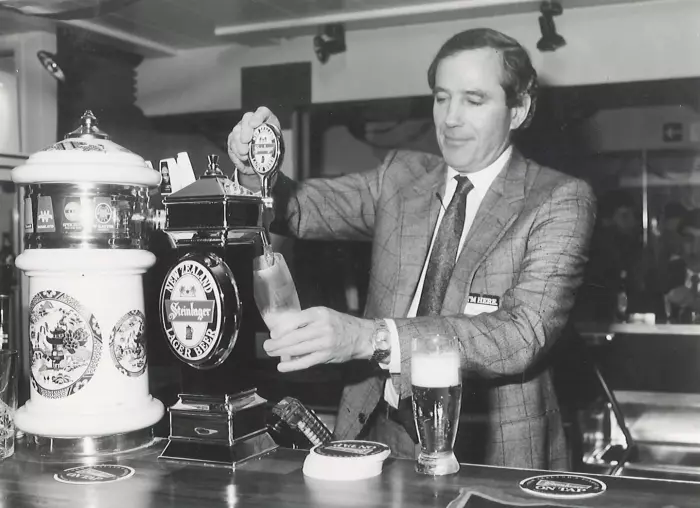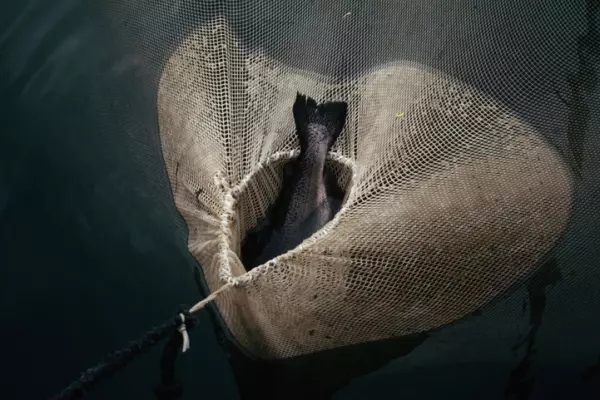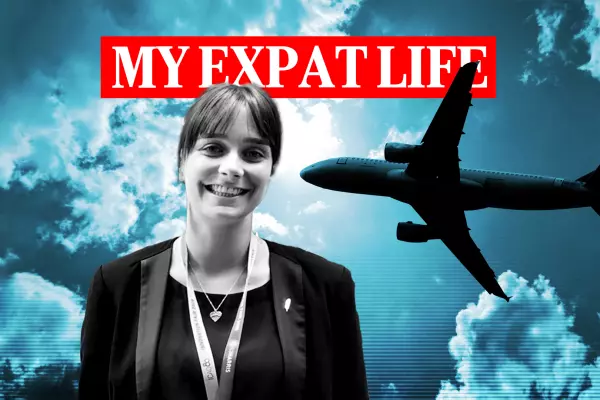Arguably the most controversial NZX deal over the past 35 years has been the Lion Corporation-LD Nathan merger in 1988.
It generated a massive amount of negative publicity because the terms of the offer were as follows:
- $9.20 cash per share for the 35% of LD Nathan owned by Fay, Richwhite, and
- One Lion share for every one LD Nathan share for all other shareholders.
As Lion shares were worth $6 at the time, Fay, Richwhite received a premium of $3.20, or 53%, compared with all other shareholders.
Media coverage of the merger was intense because of its dual-pricing mechanism and because the boards of the two companies contained many of New Zealand’s leading businessmen at the time.
| Board compositions – early 1988 | |
|---|---|
Lion Corporation | LD Nathan |
Gordon Tait (Chair) | Keith Coe (Chair) |
Michael Fam | Peter Cooper (MD) |
John Fernyhough | Robin Congreve |
Alan Gibbs | Malcolm Don |
Doug Myers (MD) | Chris Mace |
George Pearce | Syd Pasley |
David Scott | Geoff Ricketts |
Mike Smith | Bill Shaw |
Johannes van der Werf | David Steele |
Fam & van der Werf represented Malayan Breweries & Heineken interests
Background
The story began in 1985, when Chris Mace and Peter Cooper backdoor-listed Mace Development Corporation through Woolworths (NZ) Properties. LD Nathan held 20% of Mace Development.
Mace and Cooper had more humble backgrounds than many of the prominent businessmen associated with Lion and LD Nathan. Mace started as a carpenter, and Cooper was born in Kaitaia and attended Kaitaia College.
The two young men met at Muriwai Beach, where Mace was a lifeguard and Cooper a surfer.
Cooper obtained a law degree and became a partner at Russell McVeagh before branching out to form Mace Development with Mace. Geoff Ricketts and Robin Congreve, two other Russell McVeagh partners, also joined the Mace Development board.
In 1986, LD Nathan acquired 100% of Mace Development and Congreve, Mace and Cooper were all appointed directors of the purchaser. They joined Ricketts, who had been an LD Nathan director since 1981.
Ricketts and Congreve were also directors of Capital Markets, which was Fay, Richwhite’s NZX-listed vehicle at the time.
Lion & LD Nathan
In Sept 1987, Doug Myers, the managing director and major shareholder of Lion Corporation, announced he would purchase 30% of LD Nathan from Mace and Cooper through his private company, Campbell and Ehrenfried.
However, the proposed transaction fell through after the Oct 1987 sharemarket crash.
Fay, Richwhite, which owned 35% of LD Nathan, wanted out and Myers was concerned that the Malayan Breweries/Heineken interests, which had increased their Lion stake to 22%, would purchase this 35% holding and gain control of his company.
Fay, Richwhite threatened to sell to another party but in Feb 1988, Lion and LD Nathan announced a merger whereby Fay, Richwhite would receive $9.20 cash for each of its LD Nathan shares – worth $351 million – and the remaining LD Nathan shareholders would receive one Lion share for every share in the target company.
LD Nathan chairman Keith Coe wrote: “This price represents a significant premium above the present sharemarket price for Nathan’s shares. However, Fay, Richwhite is only prepared to sell its holding on a cash basis and consequently Lion has no alternative but to purchase Fay, Richwhite’s shares if the merger is to proceed.”
There was no takeovers code at the time, although the NZX had an equal-price rule for acquisitions.
A 57-page submission by Lion to the Securities Commission ridiculed the stock exchange’s equal-pricing code. The submission noted this requirement had been “little more than an inconvenience” and had been “essentially voluntary”, and asserted it had been “a relatively simple task to avoid the operation of the code”.
Ironically, the Lion submission argued that household participation in the NZX, which didn’t have a robust equal-pricing regime, was as high as 30% while household participation in the United States markets, which had stronger equal-pricing requirements, was only half this figure.
In other words, Lion argued that New Zealand investors liked the wild west characteristics of their domestic market while US investors were relatively less interested in their regulated stock exchanges.
True to form, the NZX didn’t enforce its requirement that all shareholders should be treated equally in a merger or takeover.
Conflict
Malayan Breweries was furious with the proposed Lion/LD Nathan merger as it would seriously dilute its shareholding.
Michael Fam, who represented the Asian/Dutch brewing interests on the Lion board, went on the front foot and attempted to obtain discovery of documents in relation to the Fay, Richwhite deal but his application was rejected by the High Court.
The Securities Commission found no evidence of improper conflict, and the NZX was unwilling to enforce its equal-pricing requirements.
Lion Corporation held an extraordinary meeting on March 8, 1988, to approve the deal. Lion shareholders were required to support it even though the dual-pricing mechanism had an impact on LD Nathan rather than Lion shareholders.
Post offer
LD Nathan delisted on May 24, 1988, but it was March 2006 – nearly 18 years after the merger – before Lion Nathan’s share price reached $9.20, the price Fay, Richwhite received when it sold its LD Nathan stake to Lion.
The merger was a watershed event for several other reasons, including:
- It coincided with the demise of Equiticorp and Chase Corporation and demonstrated that a new business group was coming to the fore, led by Myers, Gibbs, Michael Fay, David Richwhite, Rickett and Congreve.
- This group played a leading role in the Business Roundtable, which continued to lobby aggressively against sharemarket regulation, particularly an effective takeovers code.
- The merger also signalled that the NZX – in one of its first big tests after the Oct 1987 crash – continued to be far more sympathetic towards big-business interests rather than individual investors.
- The Securities Commission first proposed a takeovers code in 1983 but none was introduced until mid-2001 because of massive opposition from the Business Roundtable, big-business interests and the NZX.
It is 33 years since the Lion/LD Nathan controversy and most of the participants have either died or retired.
However, Ricketts is chairman of NZX-listed Heartland Group and Cooper has played a major role in the redevelopment of Auckland’s Britomart after making a fortune in the US.
But there haven’t been any recent sightings of Cooper and Mace surfing together at Muriwai Beach.
Disclosure of interests: Brian Gaynor is a non-executive director of Content Limited, the publisher of BusinessDesk, and of Milford Asset Management.














